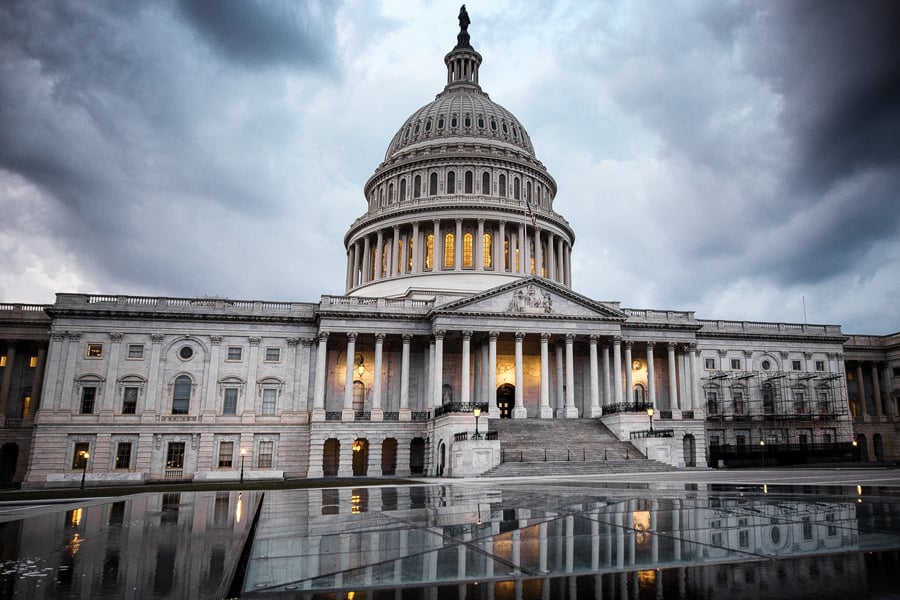

Congress has been having a hard time getting things done as the Republican-controlled Senate butts heads with the Democratic majority in the House. So a recent InvestmentNews headline predicting that proposed retirement savings legislation can overcome that gridlock on the Hill seemed like good news.
The story by Mark Schoeff Jr. quoted Sen. Rob Portman, R-Ohio, who argued that helping Americans build their retirement nest eggs has support on both sides of the aisle.
Portman’s comment came during a hearing on a bill he wrote with Sen. Ben Cardin, D-Md., that aims to expand workplace savings plans and help people put away more money for retirement. A similar measure has been introduced in the House by Ways and Means Committee Chairman Richard Neal, D-Mass., and the panel’s highest-ranking Republican, Kevin Brady of Texas.
Both pieces of legislation build on the Secure Act, passed late last year, which aimed to encourage retirement plans at smaller businesses by providing a tax break for those that launch a plan and by allowing firms to combine forces to offer a plan. The Secure Act also raised the age at which individuals must start to take required minimum distributions from plans to 72, from 70 ½.
The Portman-Cardin bill would increase the tax credit for small businesses starting a retirement plan and provide incentives for more generous auto-enrollment plans. It would also encourage individuals to save more by increasing catch-up contribution limits for those over 60, creating a tax credit for low-income savers and pushing the RMD age still higher, to 75.
Anything that helps people build their nest eggs is a plus, since the retirement savings of U.S. workers are still far from where they should be. The latest annual survey of U.S. workers by Transamerica, released last December, showed median retirement savings of $50,000 among the more than 5,000 workers surveyed. Those who earned $100,000 or more a year had median retirement savings of $222,000, while those who earned from $50,000 to $99,000 had median savings of $47,000.
Late last week, Congress seemed to be close to passing stimulus legislation, which would include jobless benefits of $300 a week and about $330 million for loans to small businesses.
Going forward, legislators should be thinking about ways to shore up the Social Security system, which serves as the bedrock retirement income for Americans. In September, the Congressional Budget Office estimated that the Social Security trust fund will be emptied by 2031, which would require cuts to benefits at that point.
While it would be a fine thing if Portman’s prediction pans out and small businesses get additional incentives to provide retirement plans, it would also be good to see that bipartisan accord extend to other issues related to the financial well-being of all Americans, including those who may not have a job at this point as a result of the pandemic.

A new proposal could end the ban on promoting client reviews in states like California and Connecticut, giving state-registered advisors a level playing field with their SEC-registered peers.

Morningstar research data show improved retirement trajectories for self-directors and allocators placed in managed accounts.

Some in the industry say that more UBS financial advisors this year will be heading for the exits.

The Wall Street giant has blasted data middlemen as digital freeloaders, but tech firms and consumer advocates are pushing back.

Research reveals a 4% year-on-year increase in expenses that one in five Americans, including one-quarter of Gen Xers, say they have not planned for.
Orion's Tom Wilson on delivering coordinated, high-touch service in a world where returns alone no longer set you apart.
Barely a decade old, registered index-linked annuities have quickly surged in popularity, thanks to their unique blend of protection and growth potential—an appealing option for investors looking to chart a steadier course through today's choppy market waters, says Myles Lambert, Brighthouse Financial.
